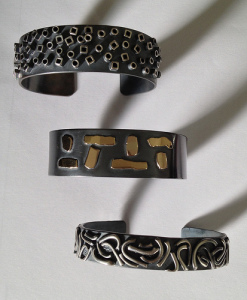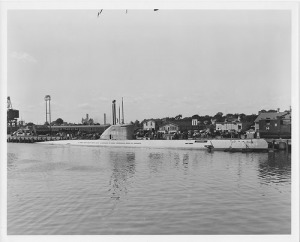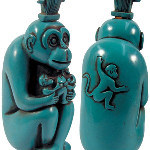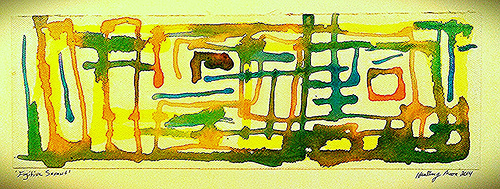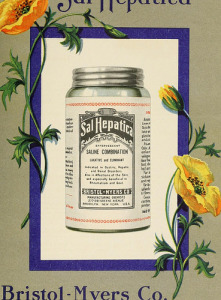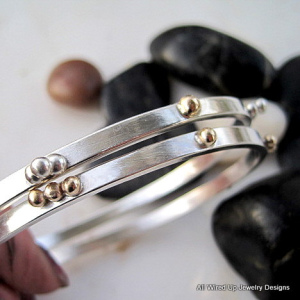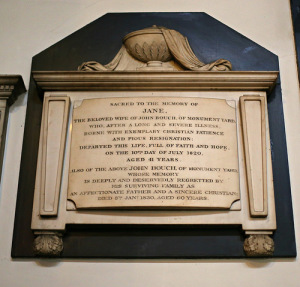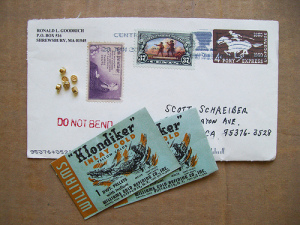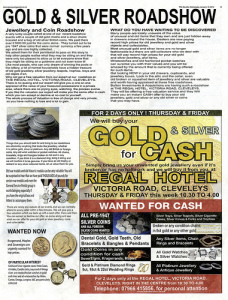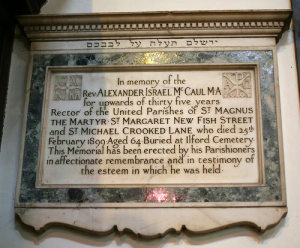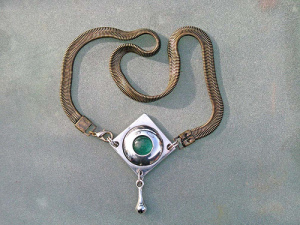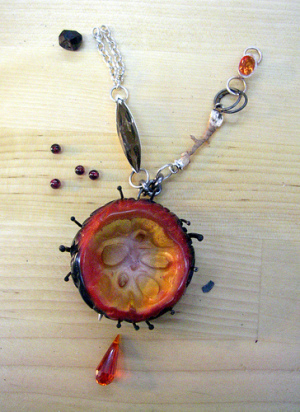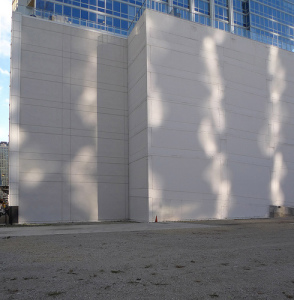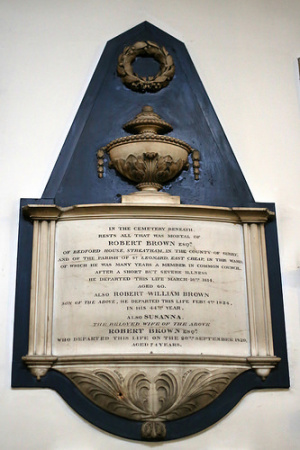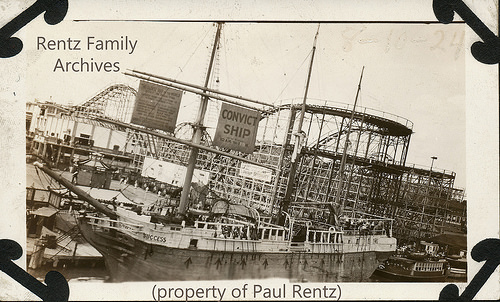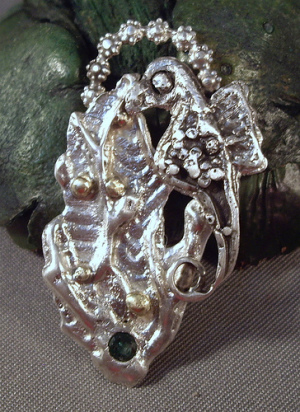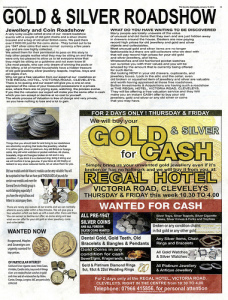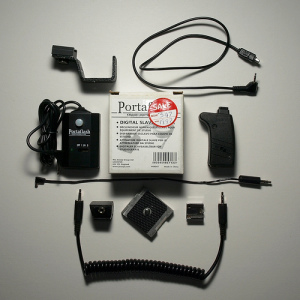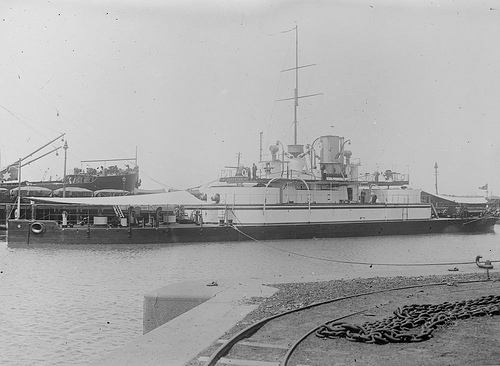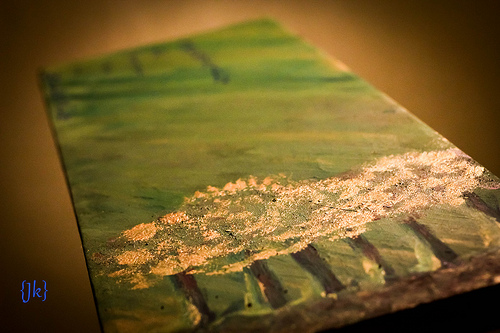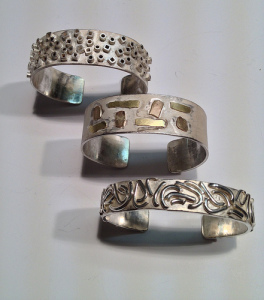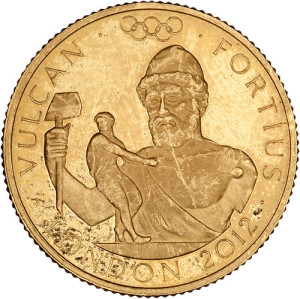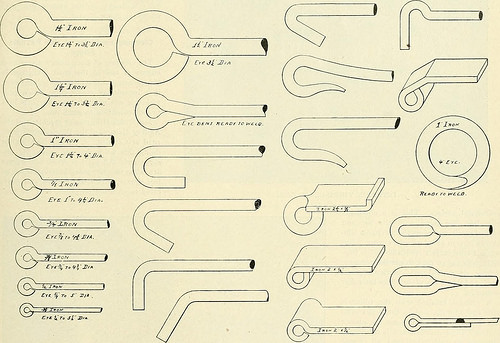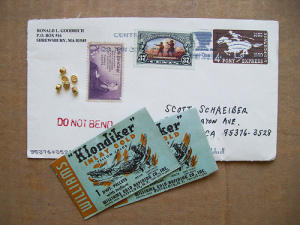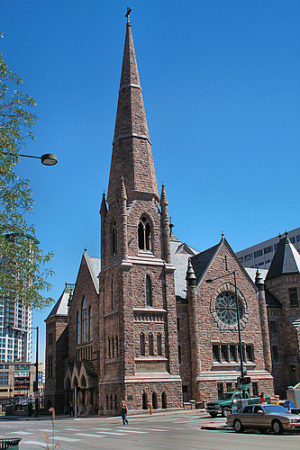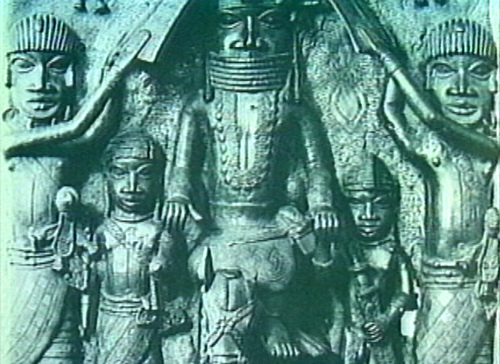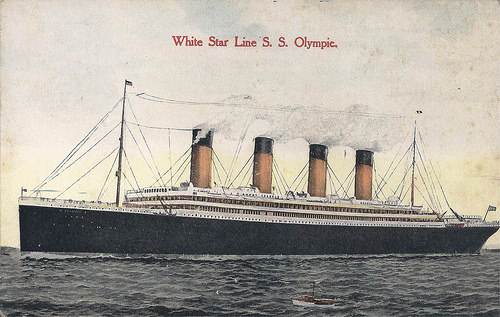Read More...
Born in Zachary, Louisiana, to a family of sharecroppers,Robert Pete Williams had no formal schooling, and spent his childhood picking cotton and cutting sugar cane. It was not until he was in his late teens that Williams began playing blues music. Again, like the typical blues man his first guitar was made out of a cigar box.
When he was married he played at local parties and dances to make some extra money. However, although he was also working during the day he never made enough to support his family. This was a source of some matrimonial disharmony. On at least one occasion his wife destroyed his guitar. Despite the tension at home he continued to play throughout the Baton Rouge area at parties, juke joints, and fish fries, all the while developing his unique style. In 1956 he was convicted of murdering a man in a local club, although he always maintained that he shot the other man in self-defence. He was sentenced to life in prison. He was sent to Angola Jail, where Leadbelly had served his time when he was convicted of murder some years before. While in jail Williams continued to play, sing, and write songs.
One song that was written about his time in jail was called 'Pardon Denied Again' and was recorded in either 1959 or 1960 and is available on 'Robert Pete Williams Vol. 1 - I'm Blue as a man can be' (Arhoolie CD 394). It is a painfully direct meditation on his situation.
Pardon Denied Blues
Lord I got myself on the pardon board
You know I got denied again
Been on the board three times
Each time I was denied
But I hope in the Good Lord
Lord have mercy on me
They tellin' me the Governor was on the board
All around the board looking at them Peter's case
Lord they must have passed mine around and
Because they denied me again
Lord have mercy on me
Lord have mercy on me
I've been tryin', I've been tryin', Lord every day of my life
Please Lord have mercy on me
Says I worried, then I worried
They would give me some kind of chance
Please please Lord give 'em hearts (?) the people round the pardon board
And Lord let 'em feel my sorry too
Lord have mercy on me
Hmmmmmmmmmmmm...
I fell down on my knee
I prayed, I prayed both night and day
Hoping they would help me Lord
Oh Lord have mercy on my dying soul
Oh Lord Oh Lord
Well I know my cases ain't too bad Lord
I just can't see, just can't see why they did me this way
Lord have mercy on my dying soul
I got, I got a big family on my hands
They's out there in that free world waiting on me to reappear
Oh Lord they want me to return again back to my home
Oh Lord have mercy on me
I got a man told me that he would write
Now a letter to the Governor for me
And I hope he would help me Lord
Praying to the Lord he hear my prayer
I wish that Governor would take sides with me
Oh Lord have mercy on me
This all I got to say
To you today
Please help me Lord
In the name of God
Like Leadbelly, Williams was discovered while serving his sentence. He was discovered and recorded by musicologists Dr Harry Oster and Richard Allen. Realising the importance and uniqueness of Williams' work they petitioned for his release. He was released in 1959 but was unable to work outside of Louisiana for the next 5 years under the terms of the pardon during which time he had several records released on the Folk-Lyric, Prestige and Arhoolie labels. His recordings were received with enthusiasm and after the 5 years were up he ventured further afield to sing to his growing band of followers. He played the Newport Folk Festival in 1964. In 1966 he toured Europe, including England, although he was refused entry back into England in 1970, due to his prison record! He continued working and touring for a number of years.
Williams reduced his workload during the late 1970s owing to his age and declining health. He died on 31st December 1980.
What makes Robert Pete Williams' unique? What sets him apart from the others? It certainly is not the toughness of his life. The stories of the hard times and persecution of blues singers, and blacks in general in the States, at that time abound. What sets Williams' apart are his lyrics and music. His music has an African sound and his music has been compared to Ali Farka Toure's the Malian guitarist. He shares a stylistic approach with John Lee Hooker. A song could stay within one chord with a fluid accompliment that draws the listener in. His songs were often improvised and reflected the old holler style blues. His songs were often unrhymed with no distinct metric pattern. His dark fluid voice, direct powerful lyrical imagery combined with powerful, furious riffs created his unique and mesmerising sound.
As Elijah Wald of Blues Wire wrote. "Other blues musicians created wonderful bodies of work: Robert Pete Williams created a whole musical world"
Related Posts
-
 Turn Your Scrap Gold Into Money
A highly valuable and precious metal, Gold has a lot of utilities other than
Turn Your Scrap Gold Into Money
A highly valuable and precious metal, Gold has a lot of utilities other than -
 Cash For Gold
Do you have what it takes to transform carats into liquid assets? Gold dealers
Cash For Gold
Do you have what it takes to transform carats into liquid assets? Gold dealers -
 Scrap Gold Buyers – An Overview
With the global financial crisis hovering over, people are looking for many ways to
Scrap Gold Buyers – An Overview
With the global financial crisis hovering over, people are looking for many ways to -
 Get The Best Price For Your Scrap Gold
The price of gold goes up when the demand for it is high. You
Get The Best Price For Your Scrap Gold
The price of gold goes up when the demand for it is high. You -
 What is Scrap Gold? How To Fruitfully Market This Material
Most people are not conscious that one of the most engrossing areas of bullion
What is Scrap Gold? How To Fruitfully Market This Material
Most people are not conscious that one of the most engrossing areas of bullion -
 How to sell Scrap Gold to get the maximum benefit?
Gold is a precious metal and getting tremendous importance from ancient time. Gold purchase
How to sell Scrap Gold to get the maximum benefit?
Gold is a precious metal and getting tremendous importance from ancient time. Gold purchase -
 Scrap Gold Buyers – An Overview
With the global financial crisis hovering over, people are looking for many ways to
Scrap Gold Buyers – An Overview
With the global financial crisis hovering over, people are looking for many ways to -
 Portland Gold Buyers Commodity
To sell gold to Portland gold buyers a person must understand how the system
Portland Gold Buyers Commodity
To sell gold to Portland gold buyers a person must understand how the system


